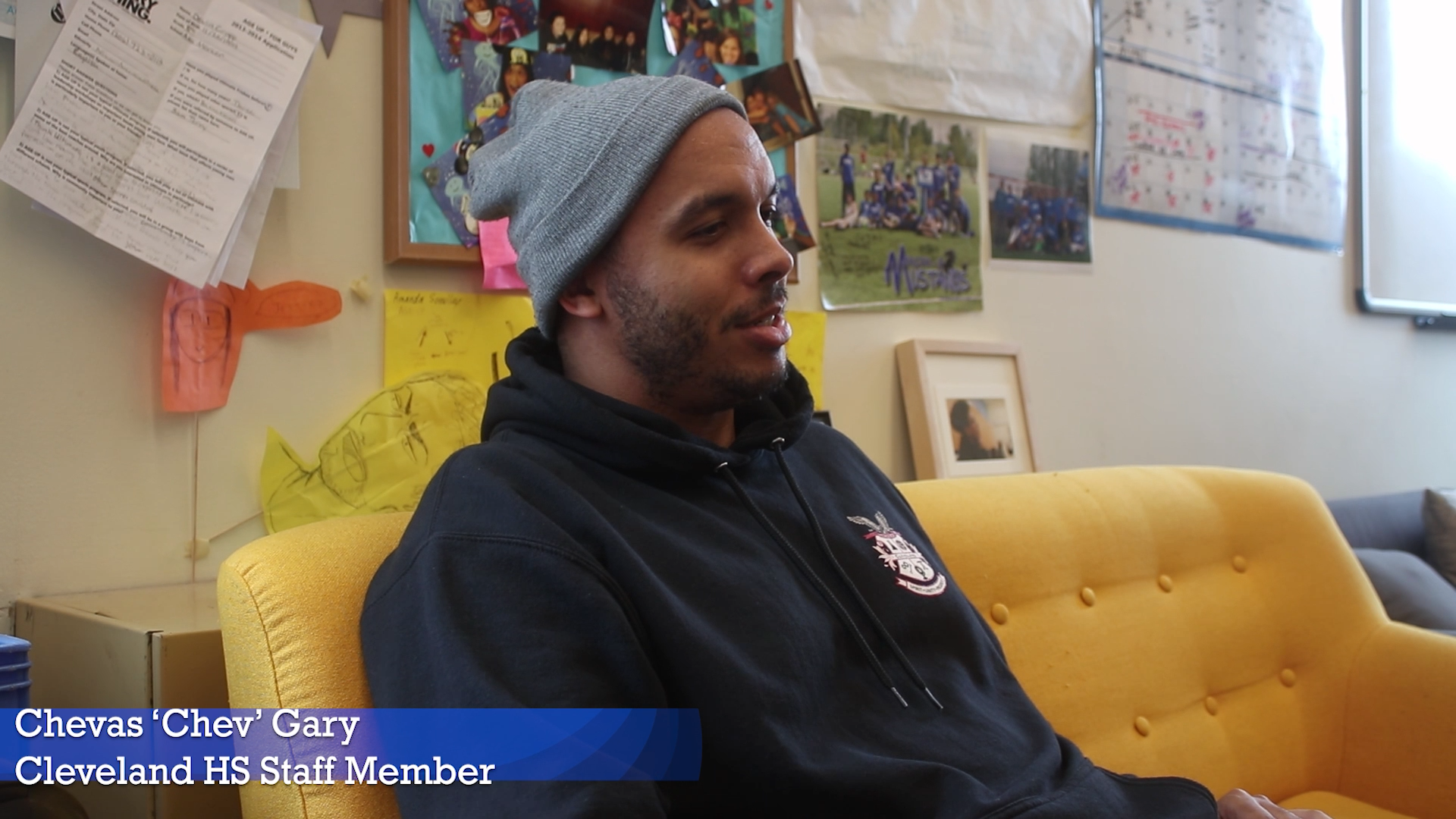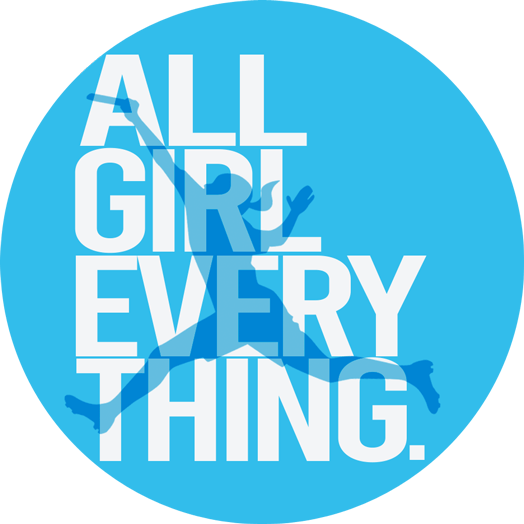Check it out
This past July, our 35 summer interns worked on five different projects including this one on media & gentrification led by alumni Ronnie Estoque (other projects included: undoing anti-Black racism, mental health & counseling, food & climate change, & local Seattle musicians). The team interviewed Chevas “Chev” Gary, Cleveland High School Staff, about his experience with gentrification in the Seattle Southend and then put together this video.
Shout outs to Amelia, Amy, Joseph, Brandon, Justine and Ronnie for the videography, audio and editing! Rough transcript below.

How would you define gentrification?
So, if I was trying to write a paper about it, I would be really strategic and look up the definition and then I’d look at a couple articles but really what it means to me is like: people who build a community in a place and lift up the institutions and the individuals and the families and then, at some point, some of the infrastructure from the city or the state or the federal government, some of the people who have more resources from different communities – or even from their own communities – end up taking advantage of the vulnerability of folks and just kinda like capitalizing. I want to use that word because it is hella about capitalism.
How have you seen gentrification affect the community?
Like the Viet Wah in the first place. Viet Wah used to have those young coconuts – I loved them so much, I would get a young coconut everyday at lunch when I worked at Aki [Kurose MS]. It was hella bomb, I had to put the homies on to it. But then, that closed down. And I felt like that was a part of gentrification. Like, how does something with so many regular customers close down, like, did they just not want to exist? Cause that’s not true because they still have the spot on 12th and Jackson. So I’m glad that the business exists but for some reason they couldn’t afford – I’m guessing that’s what it was.
Who benefits the most from gentrification?
Inherently it ends up being white folks, because we talk about who is accessing the system. Gentrification is not white, specifically, but when you think about who has most of the resources in the country, and then in the region, and then, if that’s who has the resources then that’s who’s going to be able to wield those to their advantage, so. That’s why race has ended up playing such a big part even though it’s not always just about race. So now I want to know is, what is gentrification going to look like over the next course, between now and when y’all are my age.
How has gentrification affected your family?
Rent is huge. We chose to move back to Seattle from Renton before our baby came because Seattle is home, and we want to be here. But part of leaving Seattle was it didn’t feel like home anymore, because of where we were at and a lot of that had to do with gentrification. So, I feel like that’s a weird cycle. It’s not like Seattle changed in two years and that’s why I came back. I think there’s even less people that I remember and less community that I recognize than there was before, but we just wanted to feel like we were more central, and closer, so my wife’s family could access us more, you know, from Bremerton. And my mom lives in Seattle and my brother lives in Seattle, I work in Seattle. So, I’m glad that my baby’s birth certificate is going to get to say ‘Seattle’ cause everywhere deserves respect but no offense like when you see someone say they’re from Seattle and they’re from, like, Moses Lake, and then you’re like, fam, don’t say you’re from Seattle. Say that you have relocated to Seattle and you enjoy the community, or whatever, I don’t know.
I think about all the times that it be like Saturday morning, and I would go walk over to Rainier Playfield and watch little league games. That was super exciting for me. And even though it made parking hella shitty and I didn’t like how it crowded the neighborhood, the farmer’s market on Wednesdays. Like I loved going over to that when they would serve hot food. And I haven’t made music in a long time but so many songs that I wrote, I wrote while I was sitting, standing underneath the Columbia City plaza that then became a dog-walking place – or a dog-cleaning place. And then they tore down that beautiful art on the side. So I’m glad I still got pictures of that but I wish my daughter would have been able to see that art herself.
So, when I think about how did it feel to leave, in some ways it felt relieving. It felt like, dope, I don’t have to experience this trauma on a daily basis, like feeling that the shit that I love is disintegrating in front of me. I get to go somewhere else, where, like, I got to live with my sister and I got to feel that love on a daily basis. Because Columbia City stopped feeling like that place for me. Even though I was happy when I got to run into students on a regular basis, you know, or the times that I’m in my apartment watching tv and I hear students outside having – I don’t want to say inappropriate – but having conversations that they wouldn’t want their parents or their teachers to be hearing. So I love that kinda thing. Where I’m like, I can’t escape it. As long as it’s the people who I care about. But when I can’t escape it and it’s a bunch of people who don’t value my community or who look at me a certain way, or say things like, ‘it’s getting better’ about my community and I’m like, how’s it getting better if we’re all leaving? That doesn’t make sense to me. Because wouldn’t it be better if we were together?


